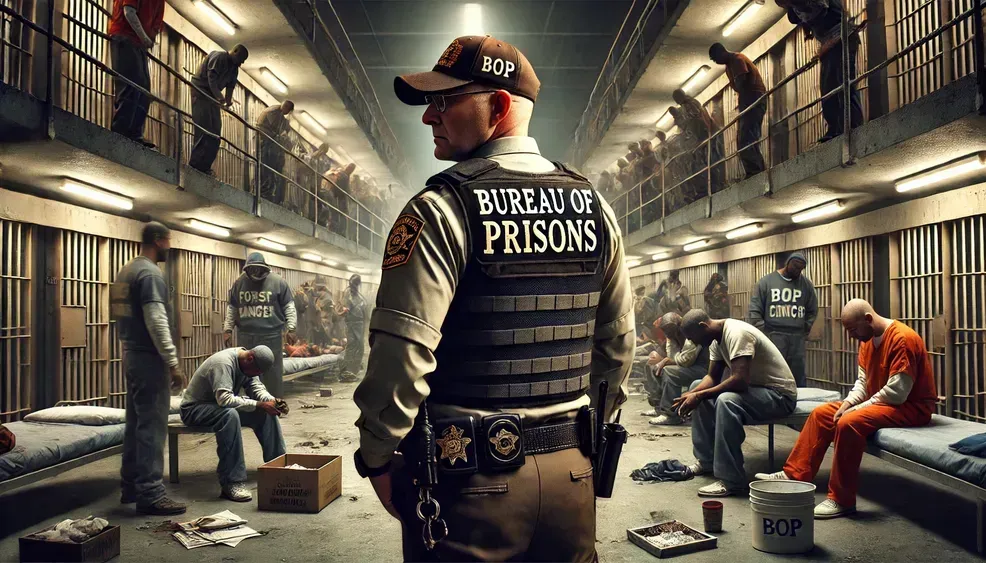A Misguided Approach to Prison Management
In the broader criminal justice system, the theory of "Broken Windows Policing"—which emphasizes cracking down on minor infractions to prevent larger crimes—has faced mounting criticism. While initially hailed as a success in cities like New York, deeper analysis has revealed its flaws, including crime displacement and increased violence in surrounding areas. Unfortunately, it appears that the Federal Bureau of Prisons (BOP) has not received the memo.
Instead of addressing systemic issues such as rampant drug use, gang violence, and staff corruption, the BOP has opted to police dress codes, nuisance contraband, and whether beds are properly made. This approach is not only ineffective but actively undermines inmate morale and institutional stability.
The Dangers of Prioritizing Minor Infractions
Applying Broken Windows-style policies in a prison setting creates a host of new problems while failing to resolve the core issues. Consider the following consequences:
- Ignoring the Real Problems: By focusing on minor infractions rather than dismantling gang hierarchies, investigating drug trafficking networks, or addressing staff misconduct, BOP officials signal misplaced priorities.
- Erosion of Morale: Inmates already struggling in a hostile environment see these policies as petty harassment, further alienating them and reducing any hope for rehabilitation.
- Loss of Trust: When prison leadership prioritizes beds being made over preventing gang-related assaults, it reinforces the perception that they do not genuinely care about inmate safety.
- Potential for Increased Violence: Rising frustration among inmates, especially organized groups, can lead to unrest, riots, or targeted retaliation against staff and fellow prisoners.
- Failure to Address Recidivism: Over-policing minor infractions does nothing to address the root causes of criminal behavior, such as addiction, lack of education, or untreated mental health conditions.
Real Reform Requires Systemic Change
If the goal is to create a safer, more rehabilitative correctional environment, the BOP must move away from ineffective disciplinary measures and embrace evidence-based reforms. Meaningful change would include:
- Targeting Corruption: A significant percentage of drugs and weapons in prisons originate from staff corruption. Tackling this issue is a prerequisite for any real change.
- Prioritizing Serious Crime Prevention: Instead of fixating on dress codes, officials should focus on dismantling violent prison gangs and drug distribution networks.
- Expanding Rehabilitation Programs: Education, vocational training, and addiction treatment programs have been repeatedly shown to reduce both prison violence and recidivism rates.
- Implementing Restorative Justice Practices: Behavioral incentive programs and restorative justice initiatives provide
